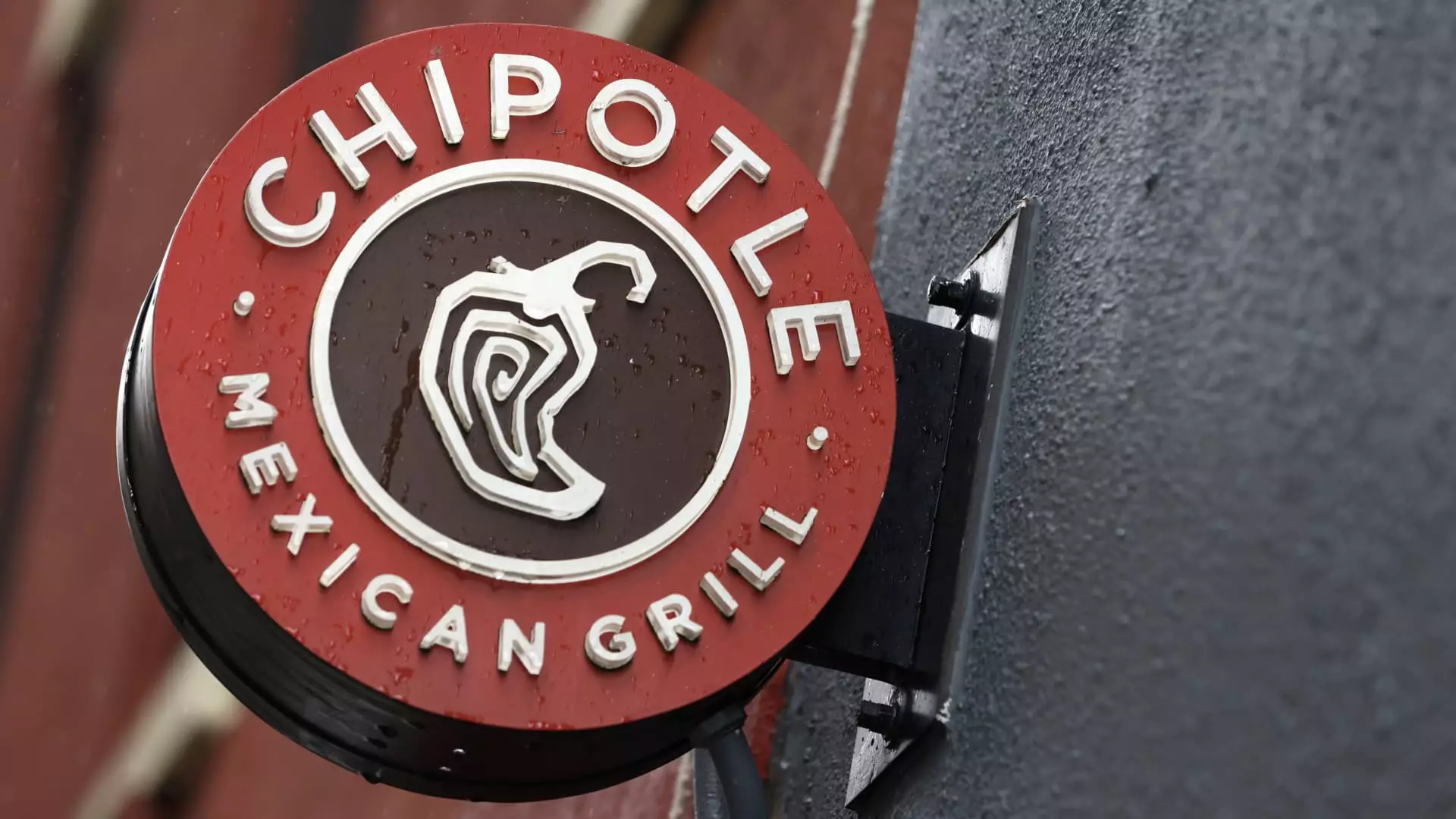In today’s financial landscape, stock market performance is intricately tied to quarterly earnings reports, particularly from tech giants and other influential corporations. These reports set the tone for investor sentiment but should not dictate a long-term investment strategy. The market is rife with short-term fluctuations, and it’s crucial to differentiate between ephemeral reactions and substantive business performance. Top analysts assess not just the immediate earnings figures but the overall trajectory of companies as they navigate the complexities of the modern economic environment. Here, we will explore three stocks that have garnered positive attention from seasoned Wall Street analysts, examining their potential based on recent performance and future forecasts.
The financial services technology firm Fiserv (FI) has recently made headlines with robust earnings. The company reported a considerable 17% year-over-year increase in adjusted earnings per share, driven by a significant 15% organic revenue growth in the third quarter. According to TipRanks, a platform that ranks analysts according to their historical success rates, Tigress Financial analyst Ivan Feinseth has elevated his price target for Fiserv from $190 to $244, reflecting his bullish outlook on the company’s prospects.
Feinseth attributes Fiserv’s success to its strategic positioning within the burgeoning digital payments sector. The firm has not only expanded its client base but has also adeptly captured market share through its innovative financial product distribution channels. Significant initiatives, such as enhancing its Clover portfolio, fostering relationships with enterprise clients, and pursuing real-time payment options, underscore Fiserv’s commitment to staying ahead in a competitive industry. Trade analysts are paying keen attention to the company’s ability to harness the ongoing shift towards digital transactions, suggesting that Fiserv could sustain its impressive performance and offer long-term value to shareholders.
Boot Barn (BOOT), specializing in western and work-related apparel and accessories, recently exceeded earnings expectations for its fiscal second quarter, prompting an upward revision of its annual guidance. However, despite this optimistic financial performance, shares of the company faced a downturn following the announcement of CEO Jim Conroy’s departure to join Ross Stores. The market’s reaction seems polarized, with many investors expressing skepticism over the potential impact of this leadership change.
Notably, Baird analyst Jonathan Komp has responded to the market’s unfavorable reaction by upgrading Boot Barn from a hold to a buy rating. He maintains a price target of $167. Komp believes that this post-announcement dip presents an attractive risk-reward scenario and is confident in the existing management team’s capabilities. The company is set to continue its aggressive expansion strategy, planning to open 60 new stores and maintain a robust growth rate of over 15% in store count during fiscal 2025. The positive momentum in comparable store sales across various regions illustrates Boot Barn’s widespread appeal, bolstering analysts’ forecasts for sustained financial growth.
The restaurant chain Chipotle (CMG) also found itself in the spotlight following its latest earnings announcement. Although the company reported better-than-expected adjusted earnings for the third quarter, it fell short of sales targets despite experiencing a 3.3% increase in customer traffic. This mixed performance prompted Stifel analyst Chris O’Cull to reaffirm a buy rating for Chipotle, setting a price target of $70.
O’Cull’s analysis emphasizes a nuanced understanding of Chipotle’s operational dynamics. The company’s comparable restaurant sales growth of 6% aligns closely with the broader market expectations and suggests resilience against difficult business conditions. The analyst views the upcoming quarter favorably, forecasting a potential Q4 comparable sales estimate of around 5.5%. O’Cull points to Chipotle’s innovative menu items, such as their brisket offering, which are instrumental in generating new customer interest and incremental sales. Furthermore, the company’s focus on improving throughput—an essential metric of operational efficiency—could significantly enhance its service capability and profitability as it continues to implement technology upgrades and refine procedures.
As one navigates the complexities of stock investment, it becomes clear that quarterly earnings reports are only part of the picture. Successful investment strategies rely on understanding both immediate market movements and the long-term potential of companies. Fiserv, Boot Barn, and Chipotle each embody distinctive narratives worth monitoring as they adapt to changing market dynamics. Analysts’ endorsements provide valuable insights, but investors must also consider broader economic conditions and industry trends when formulating their investment theses.

